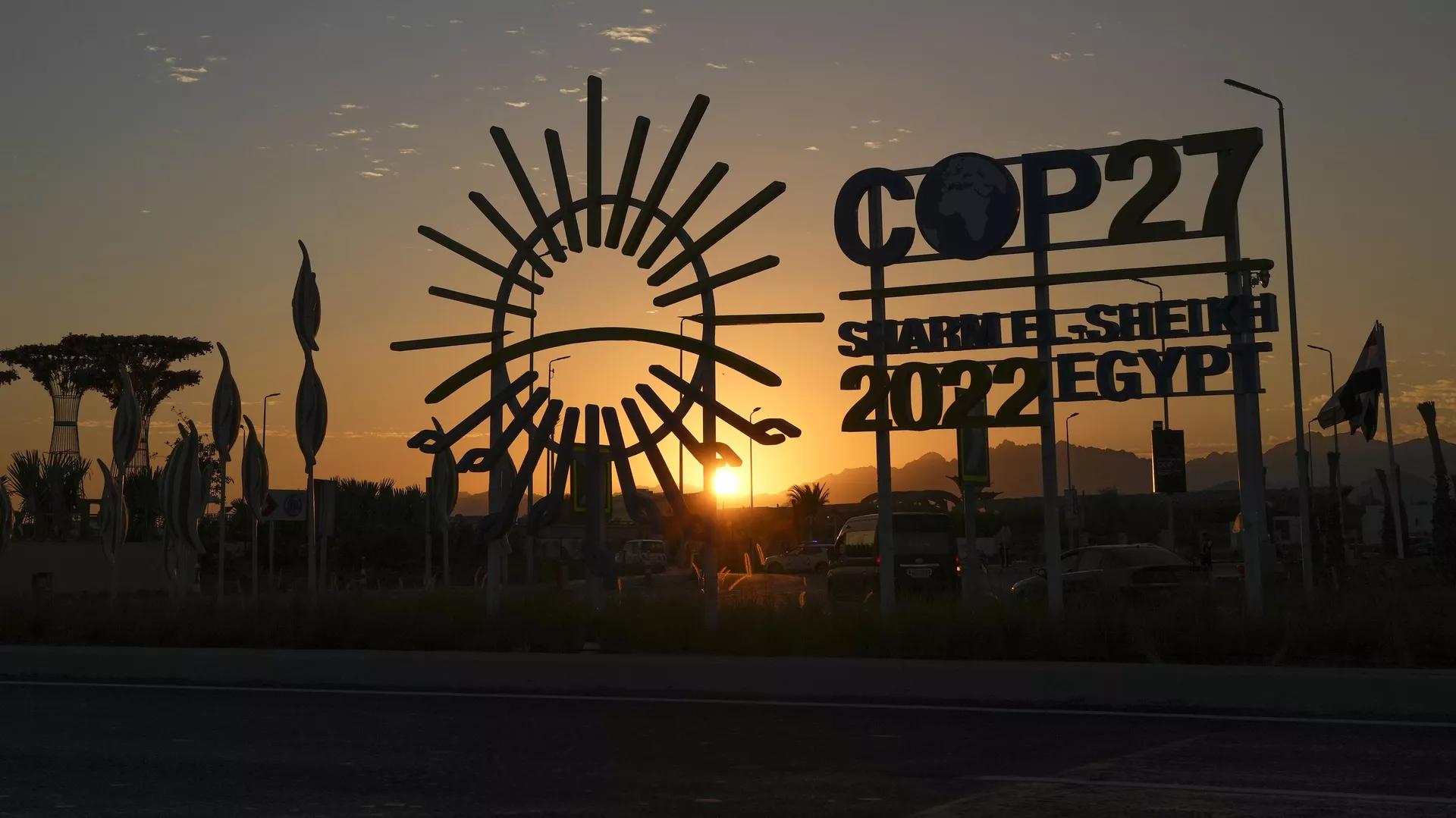Africa-Press – Seychelles. About 600 million Africans currently live without electricity, while the West continues to fall short on financial pledges to mitigate climate change effects. In this context, African leaders and activists maintain appeals in an attempt to hold the West accountable for the climate crisis.
South Africa’s Environment Minister Barbara Creecy has called on the richest countries to provide immediate financial aid to developing nations hit by climate disasters.
“Of course” Africa needs money right now, she underlined.
At the same time, the minister pointed out that India and China should not participate in the financing, as they are also among the developing states. These calls echoed the statements Creecy previously made within the framework of the event.
The minister emphasized the importance of the loss and damage issue, saying that many countries, including her own, “have already faced cataclysmic climate events.”
Creecy also cited World Bank data, according to which, “Developing countries are spending between 3 and 12% of their GDP already dealing with climate change and impacts of climate change.” Another important step to achieve progress, the minister argued, is to reform the international financial system.
Talking about the $8,5 billion that was committed by the developed world to assist South Africa’s transition from coal towards clean energy, Creecy stated that only a small part of the money [less than 3%] was allocated as grants.
In late October, South Africa approved an $8.5 billion energy transition investment plan, the overwhelming majority of which has been agreed in the form of loans, which raised concerns about fairness and South Africa’s debt burden. Currently, South Africa’s electrical system depends on coal for over 80% of its capacity. Meanwhile, rolling blackouts in South Africa are largely determined by insufficient funding and a lack of cost-effective technology.
At the same time, European countries have repeatedly failed to deliver on their climate finance pledges made in 2009 to collectively mobilize $100 billion a year by 2020 and transfer the money to the countries in need. In late October, a senior UN official argued that billions of dollars had been actually allocated, but he had no idea where the climate money went.
Previously, Sudanese-British billionaire Mo Ibrahim stated that Europe is opposing Africa’s initiatives to develop its energy sector, while currently “600 million African people” have no electricity and live without power. He also pointed out that illicit financial flows out of Africa range annually from $89 billion to $107 billion, while the total northern aid to Africa is estimated at around $52 billion. “Who is funding whom?” asked the billionaire.
For More News And Analysis About Seychelles Follow Africa-Press






